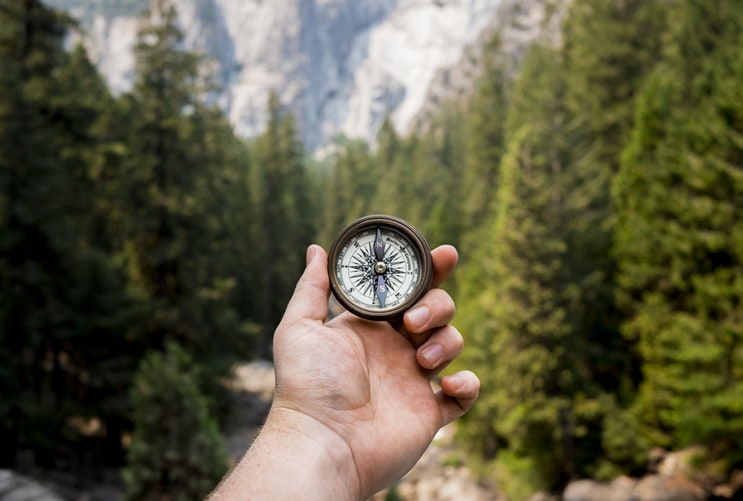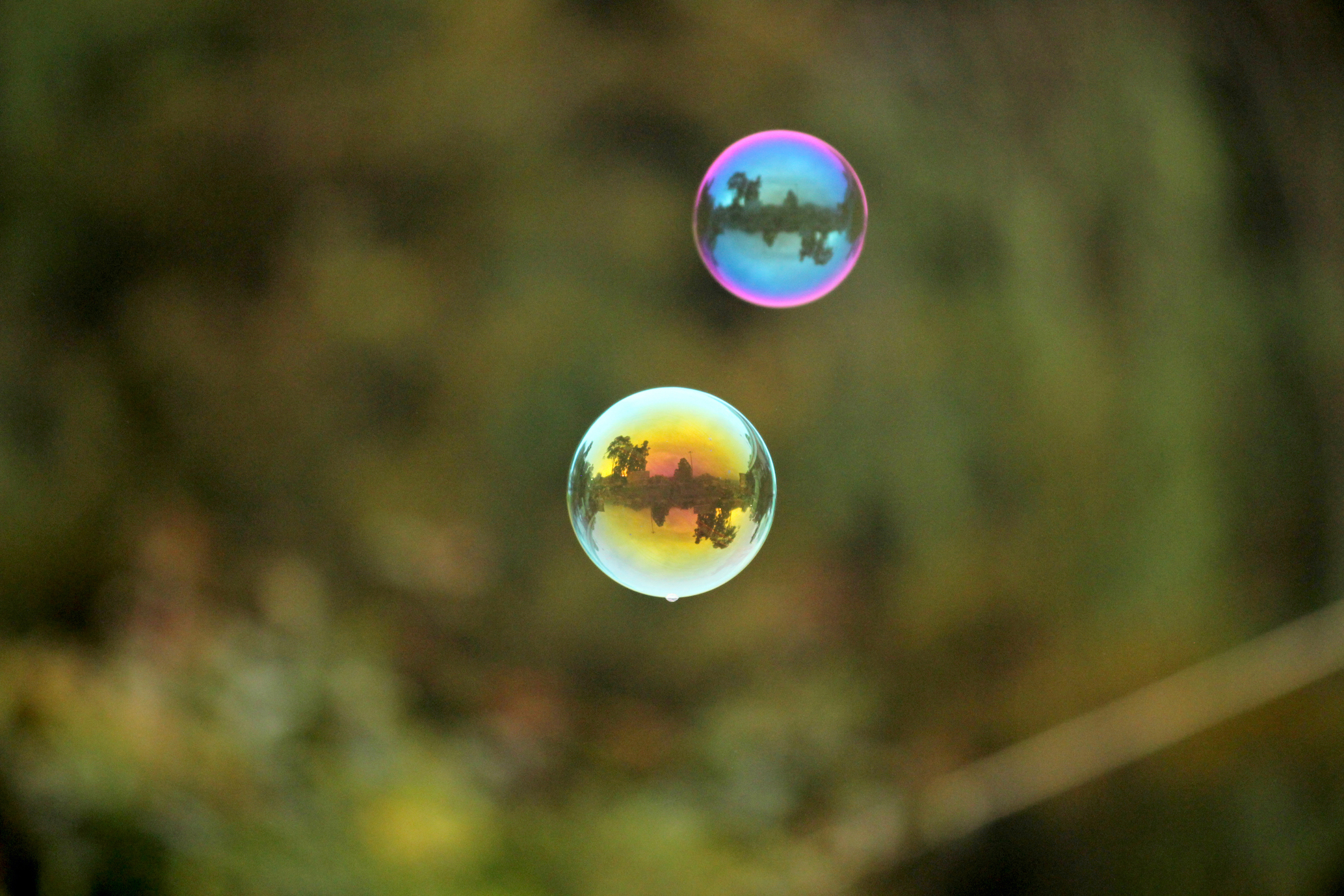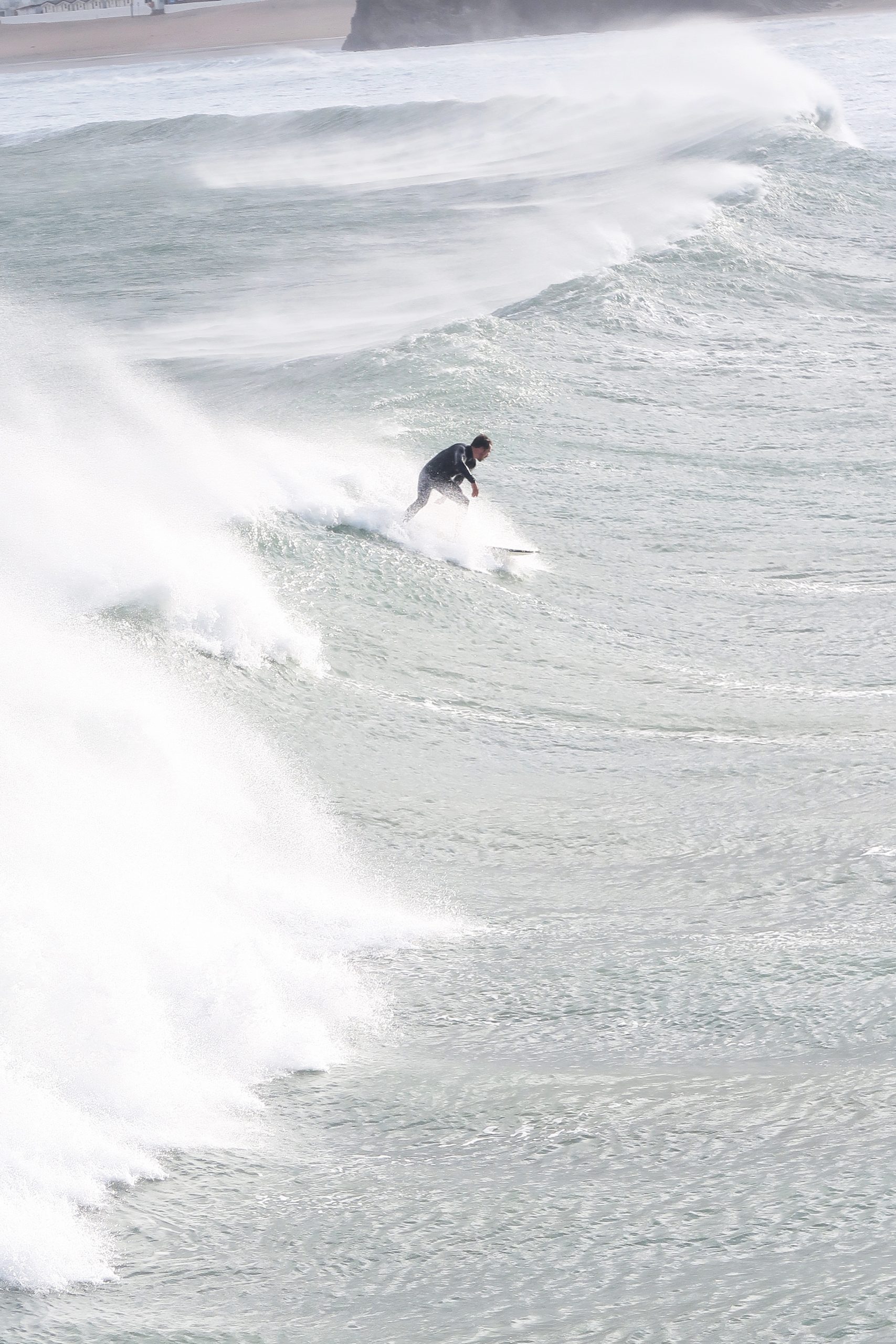Great Power of Choice. Great Responsibility.
Article By Harianto Mehta
 Often we find ourselves at the crossroads of various opportunities in life. We celebrate the privilege of having options, and experience a sense of freedom in the ability to choose from among so many possibilities. We feel we are in control of our lives, and decide to retain this freedom as far as possible, without having to commit to any one of the options. Before long, however, we are torn between the many options, each one more alluring than the next. And an inner battle looms, to retain as many options as possible, until the last possible minute. The freedom, and the privilege of choice, gradually become shackles that hold us captive in a state of indecision and inaction…and we wonder…why do we suddenly feel oppressed by life? Why must I choose?
Often we find ourselves at the crossroads of various opportunities in life. We celebrate the privilege of having options, and experience a sense of freedom in the ability to choose from among so many possibilities. We feel we are in control of our lives, and decide to retain this freedom as far as possible, without having to commit to any one of the options. Before long, however, we are torn between the many options, each one more alluring than the next. And an inner battle looms, to retain as many options as possible, until the last possible minute. The freedom, and the privilege of choice, gradually become shackles that hold us captive in a state of indecision and inaction…and we wonder…why do we suddenly feel oppressed by life? Why must I choose?
So common is this phenomenon that it has been christened fomo in common parlance, the fear-of-missing-out. And while there might be a tendency to laugh it off as a millennial concoction, it has grave implications that shed light on a dangerous trap. We often freeze in the face of choices. What if I make a mistake, by making the wrong choice? What if another option yields better fruit? The illusory freedom that was celebrated at the moment that the choice was first encountered gradually degenerates into a source of confusion, doubt, and fear of choosing incorrectly. We become overwhelmed, and are trapped into inaction.
In order to maneuver through this confusion, we must first dispel the perception that it is shameful or undignified to make mistakes! To make mistakes, is but natural for anyone who dares to truly embark upon the adventure of life, to try something new, beyond what is easy and comfortable. To recognize our mistakes is to demonstrate that we are continuously reflecting on our actions with consciousness and humility, always eager to improve. The mistake itself can be a growth opportunity, because from it we can learn what not to do. And even this by itself is a fruitful step forward. Why then to fear? There is nothing wrong in making mistakes, as long as we learn and grow from them. Had the wise man of antiquity not once said, “he who has never made a mistake, never tried anything new”?
Moreover, it is important to appreciate that the freedom that we so treasure is particularly the freedom to choose. Meaning, the actual act of making the choice is itself an expression of that freedom. When falling to inaction, in reality we surrender this freedom, becoming prisoners of fear or confusion. Consider for instance that after a busy day’s work, you’ve finally managed to set aside time to watch a movie on Netflix. Excitedly you turn on a prized gadget, and are delighted by the scope of options from which to choose, and even feel entitled to the array of options. As you start browsing, however, flicking away movie after movie, you realize that forty five minutes have gone by, and feel distressed that the time you could have used to enjoy a film, was instead wasted away in the confusion of indecision. How much of our life are we similarly, simply flicking away?
Perhaps what makes it all the more daunting in many cases, is the knowledge that ultimately it will be necessary to endure the torturous finality of having to make a selection. For example, when having to select from among various personal, social and professional invitations for a particular evening, one might refrain from having to make a choice, in anticipation that a better option might emerge. As we wait, the approaching deadline to send in the rsvp gradually instills panic, at worst. At best, we realize that if we had committed earlier, we might have productively used the time to better prepare and participate in the opportunity at hand. The increasing pressure of time or external circumstances makes things unnecessarily stressful. And our ‘choice’, rather than emerge from the objectivity of Will, is dictated by convenience, desires, or the urgency of the moment. And even though the intellect might define it as a choice, in reality this is an illusion; we are simply driven by a powerful instinctive need for comfort and convenience. Rather than choosing what is right, ethical, and really needed, we are swayed by what is easy, or most pleasing.
Instead, is it not possible that we cut through the illusion of our intellect, and really choose? Is it not possible to objectively recognize the options, and prioritize by discerning the most essential despite the tendencies of likes and dislikes? Herein seems to lie a fundamental responsibility of being human, one that sets him apart from every other being on the planet. A beast is enslaved by his instincts for its own well-being. Since it does not have the mental capacity to discern objectively, it seems that nature, in her eternal wisdom, has endowed it with the blessing of automaticity to ensure the best chance of its survival and continuation. When struck by hunger, for example, it is necessary that an animal be automatically motivated to hunt or forage.
A human being’s more mature mental ability, on the other hand, enables him to prioritize by choosing to fulfill more essential responsibilities and commitments, by maintaining self-control over his survival instincts. He has the possibility to choose to determine the direction of his actions; to choose the wellbeing of the community over personal preferences, to choose altruism over selfish competition, to choose the difficult but right, despite the effort involved. And as declared in a recent Hollywood blockbuster, “With great power, comes great responsibility.” The ability to discern objectively, independent of our instinctive tendencies, is perhaps the essence of our Freedom. And the existence of this ability necessitates that it be put to use.
To do so, ancient traditions offer the secret of commitment – a word that causes many to cringe since it connotes being bound to something unnatural and oppressive. However, we suggest instead that a commitment is the powerful expression of our freedom to choose, and is an essential tool for a Human Being to be able to direct his own destiny. A commitment protects us from our erratic instinctive tendencies such as moments of laziness, changing moods, and confusing opinions. It enables us to stand by what we have recognized as our duty and our priorities. Commitment enables us to take initiative, and maintain our alignment to that initiative, despite challenges and obstacles. It is a uniquely human force, a flower that emerges from our Will. It ennobles a human being, and gives meaning, purpose, and direction to his life.
Various mythologies from around the world celebrate great heroes that dare to take responsibility of their lives, and make choices despite imminent dangers of the unknown. They remain steadfast with the power of their commitments despite the many challenges and difficulties that life hands them. And universally, they emerge victorious, often mythically transmuting into gods. Similarly, had individuals such as Mahatma Gandhi and Nelson Mandela simply waited to see how circumstances would pan out, they might not have been able to change the course of history. Perhaps this heroic spirit lies deep in our own hearts. Let us each embark on the adventure of life, to discover, awaken and transform to our potentials…let us dare to choose…in order to forge the path ahead towards our destiny.
Image Credits: By geralt | Pixabay | CC BY PD
The entity posting this article assumes the responsibility that images used in this article have the requisite permissionsImage References
By geralt | Pixabay | CC BY PD
Permissions required for the publishing of this article have been obtained




Wow! Exactly the encouragement I needed 🙂 ! Thank you very much for this article!